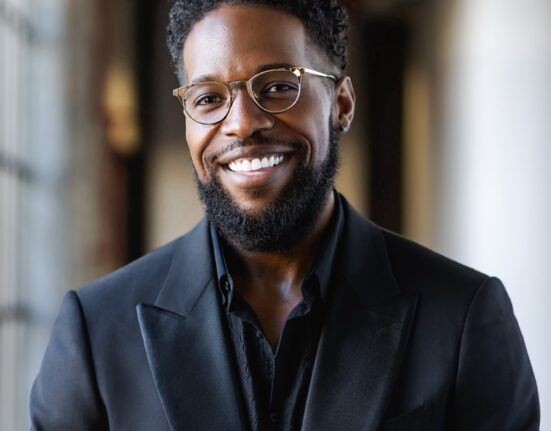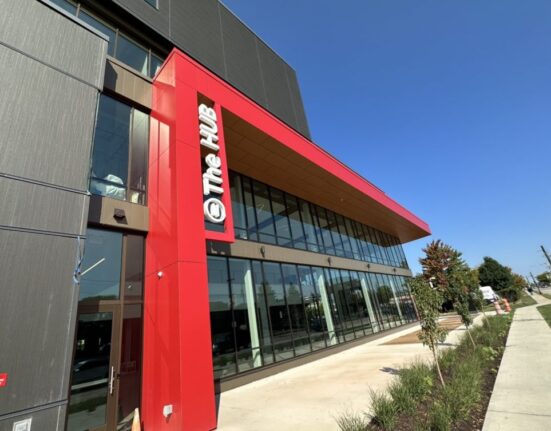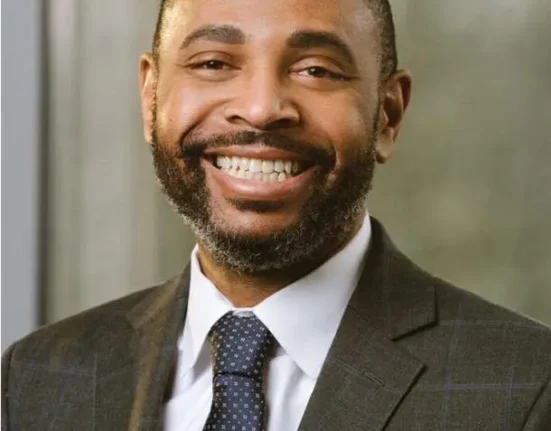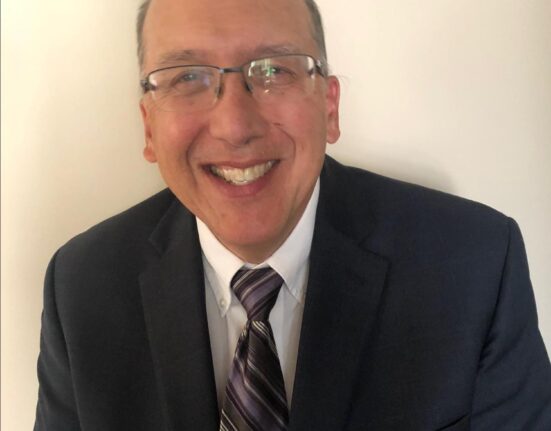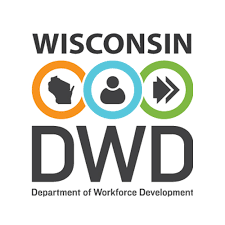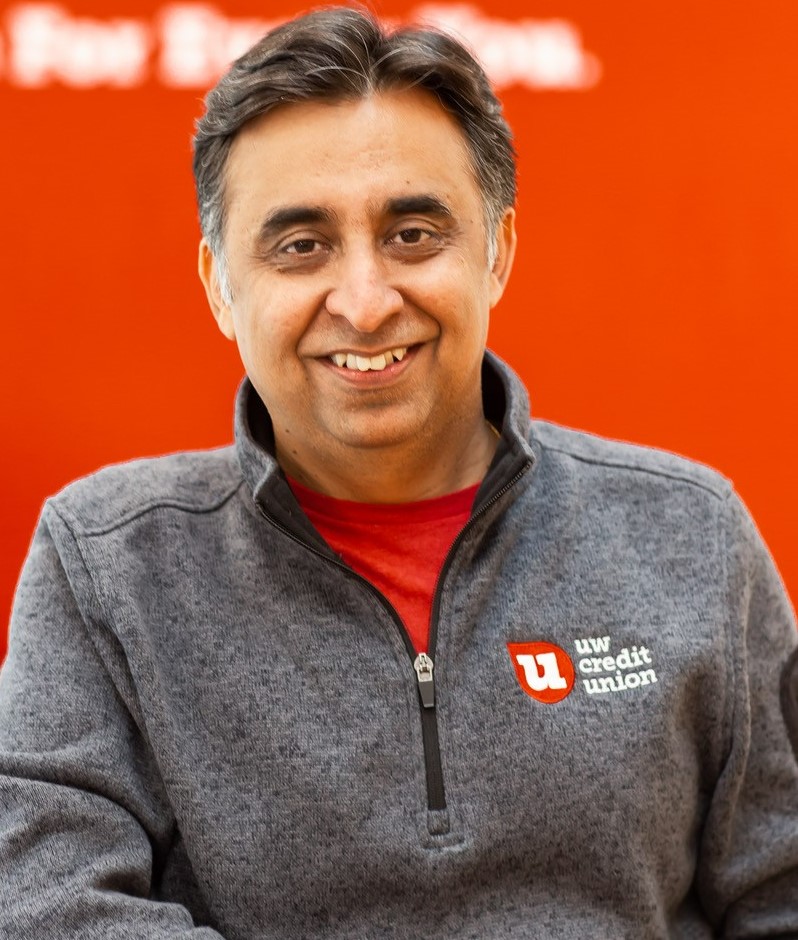
For Nishant Upadhyay, it’s all about knowing the customer.
In his current role, that means knowing about 300,000 credit union members, their banking tendencies, how they interact with their money and much, much more.
The vice president of data and analytics at UW Credit Union told Blueprint365 that he’s working to make the organization’s data team more proactive.
“When you think of a data program, usually you start in the role of a follower. Somebody will tell us, ‘this is what I need,’ and we’ll build it for them,” he said. “Now, we are slowly transitioning into more of a partner role or a leading role, where now we are actually providing them insights of things that they haven’t thought about, or they did not know. We are leading with data now more and more.”
Paying close attention to data can help an institution like UW Credit Union, with $5 billion in assets, know not only what their members need, but how to connect them with services. Good data can help organizations do the real-world version of what social media and programmatic advertising do – target customers with a great drawl of specificity.
“The days of just sending mass mailers out are gone,” Upadhyay said. “If I’m 17, don’t send me a mailer to get a mortgage. But I might be at a life stage where I’m going to buy a car. So that’s where my team comes into play, where we help make sure that we are very, very deliberate and around who we send our marketing material. And then the other thing that we also pride ourselves on is member retention. We want to cross sell and upsell. A lot of our members are longtime members as they move through their life. You finish college, you get married, you have kids, you buy a house. We build models that will predict based on where you are in your life, what would be the next best product for you.”
The data can also help the organization understand how and where its members want to interact. For UWCU, that data is showing more reliance on the mobile app, which has led the company to invest resources there.
“We try to make sure with our mobile app and the web branch, you can do more and more stuff in there, so you don’t have to go to a branch or call in,” Upadhyay said. “My son is 17. I don’t think he has made a phone call in his life. He will never pick up my phone call.”
Data rich vs data driven
Having the data is one thing. Using it well is another, Upadhyay said.
“There is a lot of data floating around in emails and spreadsheets and stuff like that,” he said. “And the challenge is how do you go from data rich to data driven?”
A first step is to learn to filter, he said.
“Technology is moving so fast, and we have so much data that now the challenge is actually trying to figure out how to get the noise out of the system and actually focus on a few things,” he said. “I can tell you a thousand things every day. The question is which of those thousand you should actually worry about and think about.”
Another step, Upadhyay said, is to keep it simple.
“Don’t hold it against me, but I’m a New England Patriots fan,” he said. “I would argue that they are so successful because they do the basics of football. They win with blocking, tackling, stuff like that … Bill Belichick was always very old school. I do think that you have to invest in data science, you have to invest in artificial intelligence, but that’s not something you should start with. You should build a good basic data foundation with some good operational reporting and information, because you can get a lot of value out of that very quickly and at a much cheaper cost.”
A one-way ticket
Upadhyay earned an undergraduate degree from St. Xavier’s College in Kalkota, India, and an MBA from Bhavanagar University, also in India. He then set his sights on the US.
“I came from pretty much a lower middle class family,” he said, and wanted “to break that cycle.”
When he came to Boston to get another master’s degree at Suffolk University in Boston, it was on “a one-way ticket,” he said. “There was no going back.”
With another MBA in hand, he went on to earn a master of science degree from Loyola University of Chicago, where he met the woman who’d become his wife.
“I wish I could say my good looks and money swept her off her feet,” he said. “But actually she loved Indian food and she loved my family.”
She was a Madison native and still had family in the area, so in 2003, the pair decided to settle here. Upadhyay had jobs at a healthcare startup and then EDS and CUNA Mutual Group before landing at American Family, where he stayed for nearly 14 years. It was there that he felt the value of inclusion, owing in large part to a note he got from Telisa Yancey, then chief marketing officer and now president of American Family Group, when he was promoted to business intelligence and analytics director in 2014.
“I was one of the few people of color. I remember she wrote me a note that just said, ‘You belong here.’ That just stayed with me for a long time,” Upadhyay said.
A business imperative
Upadhyay said focusing on inclusion is the right thing to do for the health and well-being of employees, but it also makes good business sense – especially when it comes to young customers and future generations of potential customers.
“I think it’s the right thing to do. But actually, it makes a lot of business sense too, because the newer generation is very active and engaged in that space,” he said. “They are smarter than my generation in that they understand that they can (create) change in society through their wallet” – meaning they won’t hesitate to take their business elsewhere if a company or organization isn’t seen as inclusive or equitable.
A focus on equity and inclusion is an important part of his job at UW Credit Union, which he joined as vice president in June of 2021.
“I think that if financial institutions incorporate, in a very deliberate way, cultural competency training on topics such as implicit bias, emotions, and belonging and also ensuring that there is a diverse representation in their workforce, they will have a more informed and empathetic staff that can better serve as trusted financial partners with unbanked and underbanked community members to address financial literacy and inequalities,” Upadhyay said in a follow-up email after an interview. “And I am very proud to say this aspect is at the core of our growth strategy.”
He’s also focused on passing that commitment along to the next generation of employees – especially those with leadership potential.
“I’ve got more days behind me than ahead of me in my career. And now I realized that my legacy will live on in the people,” he said. “Nobody’s going to remember a dashboard I built. But if we develop a future leader, that’s something that will live on beyond my time.”

